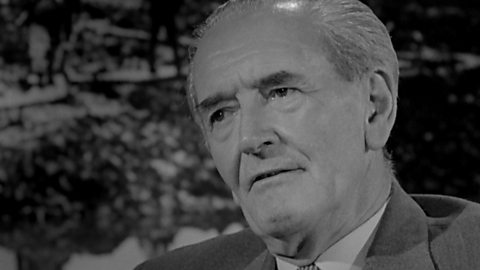Video summary
Through interviews and archive footage, we hear about the different pressures applied to persuade young men to join up.
One woman recalls her husband being called on to enlist at a cinema, despite her misgivings that he would be killed.
A man who was 17 at the time recalls being given a white feather in the street, and a recruiting officer enrolling him despite knowing he was underage.
This is from the series: I Was There: The Great War Interviews.
Teacher viewing recommended prior to use in class.
Teacher Notes
Key Stage 3:
Students are asked to list the different pressures put on young men to join up at the start of the war.
They are then asked to think of other reasons why men volunteered.
Key Stage 4:
Students use this as part of an investigation into how far men volunteered for patriotic reasons.
This clip will be relevant for teaching History at KS3, KS4/GCSE, in England and Wales and Northern Ireland.
Also at Third Level, Fourth Level, National 4 and National 5 in Scotland.
This topic appears in OCR, Edexcel, AQA, WJEC, CCEA GCSE and SQA.
Respite. video
How men could relax and forget about life on the front line when behind the lines and get some respite from the war.
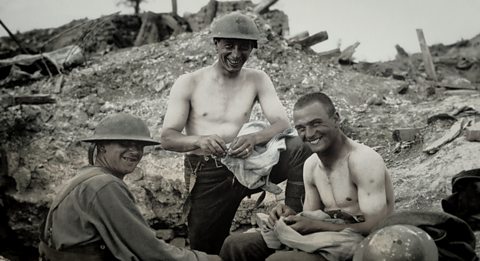
How did shell shock affect soldiers? video
Soldiers from both sides describe their experience of shell fire and the physical and psychological effects it had on them and their colleagues.
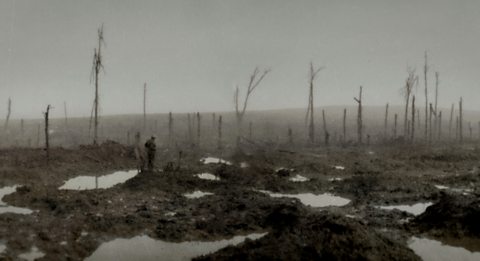
The Christmas truce, 1914. video
Henry describes his reaction to being called up and his experiences in the trenches.
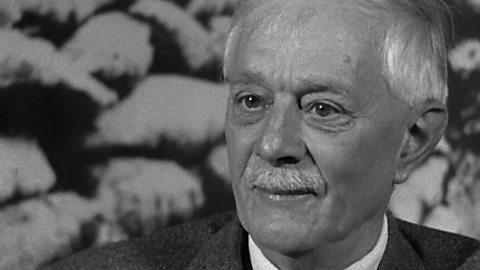
The Gallipoli campaign. video
Frank talks about fighting in the disastrous Gallipoli campaign in 1915.
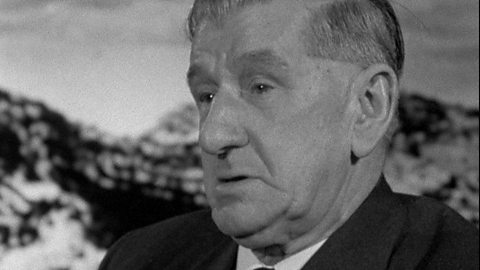
War in the air. video
Pilots identify the different experiences of men in the air, recalling the realities of combat and the tactics used to down an enemy aircraft.
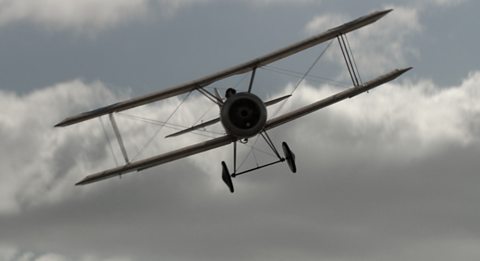
Life as an officer during WW1. video
Charles talks about coping with looming shellshock and aspects of an officer's life.
